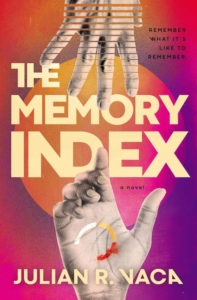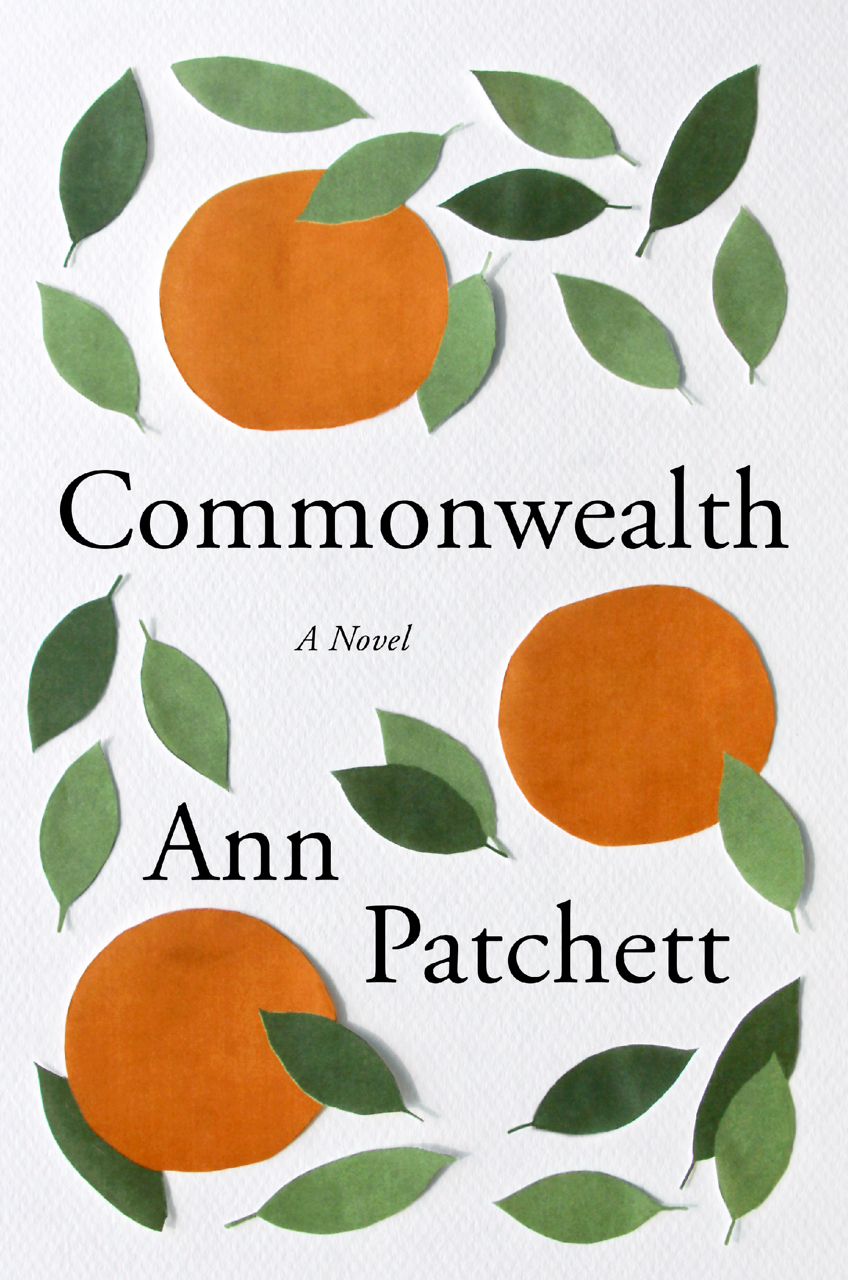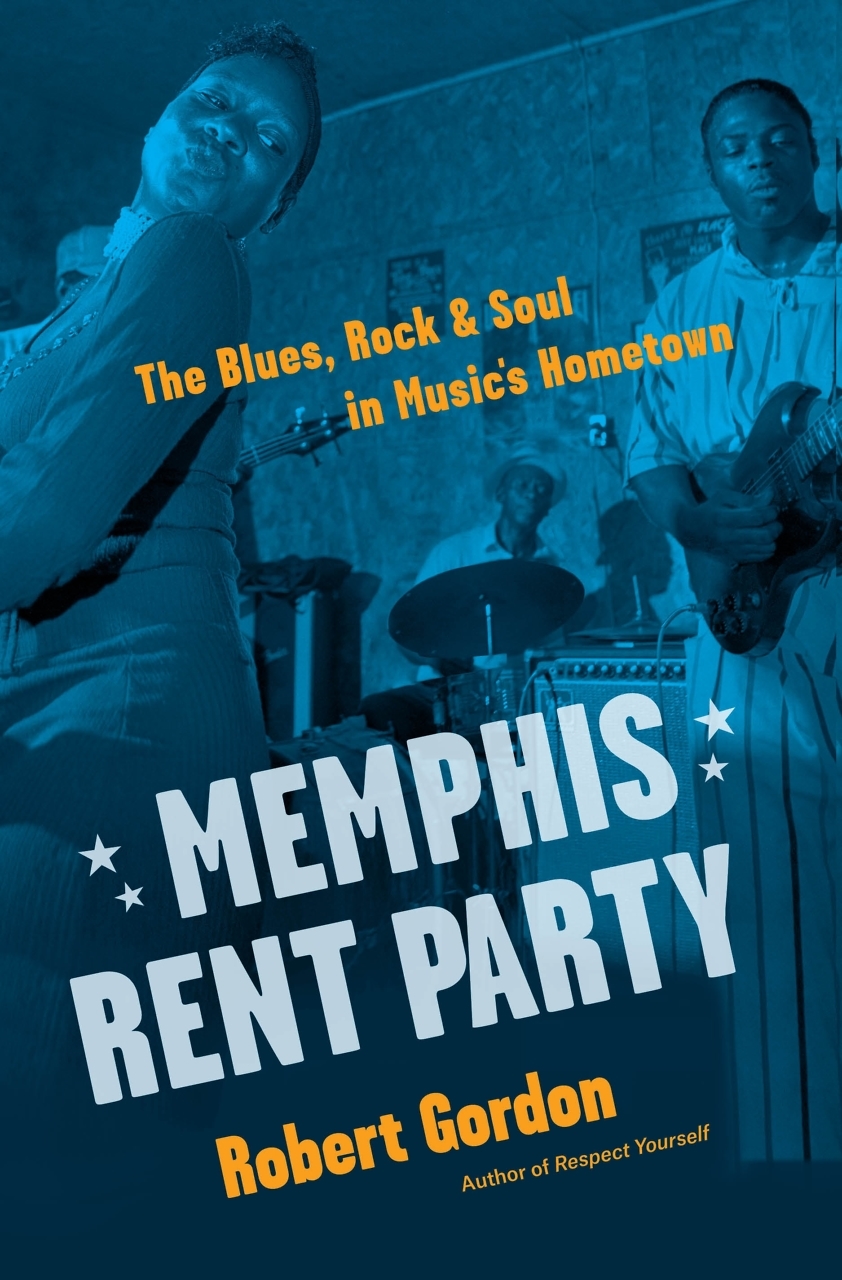Less than Total Recall
Julian R. Vaca revisits the 80s in an alternate universe plagued by lost memory
In Julian R. Vaca’s debut novel, The Memory Index, the year is 1987 and the world is an alternate reality where an incurable disease called Memory Killer has led to dependence on a device for artificial recall.
 A recently orphaned young woman, Freya Izquierdo, is out to uncover the mystery behind her father’s sudden death, and a young man named Fletcher Cohen has many questions about — and an inherent distrust of — the memory technology everyone has come to rely on.
A recently orphaned young woman, Freya Izquierdo, is out to uncover the mystery behind her father’s sudden death, and a young man named Fletcher Cohen has many questions about — and an inherent distrust of — the memory technology everyone has come to rely on.
Filled to the brim with nostalgic references to popular 80s entertainment — think Molly Ringwald in The Breakfast Club and Back to the Future’s Marty McFly — and with a soundtrack featuring hit songs like Kate Bush’s “Running Up that Hill (A Deal with God)” and Simple Minds’ “Don’t You (Forget About Me),” the novel brings back memories for the reader while taking memories away from the main characters.
The disease can strike at any time, stealing away a memory without the person even knowing. The only sign is the eyes graying over, visible to others but not to the victim. Those who experience Memory Killer less often only need to use their artificial recall device once a day and are called “recollectors.” They have more freedom and a higher status than “degens” who are frequently plagued by Memory Killer and thus are required to artificially recall several times a day, according to a strict schedule. Degens are often accompanied by a “handler” when leaving the house. As Freya puts it, “Now — in this great apocalyptic now — many say their biggest fear is either forgetting or being forgotten. To forget is to die, some have elegantly said. To be forgotten is to be killed.”
 Freya and Fletcher are hunting for their own answers, but when they both win a random lottery to attend a new private school called Foxtail Academy in Tennessee, they are thrown together with almost 500 other students. The school is more than just a school; it’s a trial for new technology that claims to make artificial recall obsolete. However, as their classmates begin to vanish and their principal frequently disappears into the woods on the edge of campus, Freya and Fletcher, along with their new friends Ollie and Chase, set out to uncover the truth behind Foxtail Academy’s existence.
Freya and Fletcher are hunting for their own answers, but when they both win a random lottery to attend a new private school called Foxtail Academy in Tennessee, they are thrown together with almost 500 other students. The school is more than just a school; it’s a trial for new technology that claims to make artificial recall obsolete. However, as their classmates begin to vanish and their principal frequently disappears into the woods on the edge of campus, Freya and Fletcher, along with their new friends Ollie and Chase, set out to uncover the truth behind Foxtail Academy’s existence.
Like many YA authors, Vaca, who lives in Nashville, tackles real-world issues of racism, capitalism, politics, and the exploitation of youth by those in power. Freya and her friends remain at a disadvantage throughout the novel, helpless in the face of the larger school system, family dynamics, and the artificial recall corporation, Memory Frontier, which holds a monopoly on the Restorey, the only effective device on the market. As Freya and her friends learn more about Memory Frontier, they find themselves wondering if any of the information they are uncovering used to be common knowledge and everyone just forgot. Or were they made to forget?
The Memory Index actively examines its own reality, not just world-building but world-testing, probing the possibilities of memory control, exploring a future where memories and artificial recall can become weaponized. What would that reality look like? Throughout the novel, Fletcher is driven by one salient question: Can a person suffer from Memory Killer while hooked up to their Restorey? And if it’s possible, what happens to the person?
Vaca’s storytelling is immersive, opening with a high-speed car chase reminiscent of something out of a Fast & Furious or Mission Impossible movie. The chapters are relatively short and compelling, often ending on an unspoken question, drawing the reader to turn the page just to see what insidious truths about this seemingly organized alternate society will be revealed.

Abby N. Lewis is a part-time desk assistant for the North Knoxville Library and an adjunct English instructor at ETSU. She is the author of the poetry collection Reticent and the chapbook This Fluid Journey.


